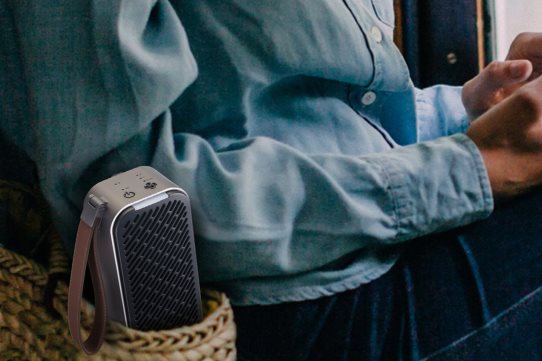4 simple ways to keep indoor air fresh at all times

Americans today are more focused on cleaning and sanitization – not to mention the air they breathe – than ever. Indoor air quality has already been a growing concern in the United States for some time. According to a study published in the journal Science of the Total Environment, indoor air quality can be worse than the air outdoors. You may not realize that simply by doing normal things like cooking, cleaning, personal hygiene or enjoying a hobby, invisible pollution is being added to the air.
With social distancing measures, people are spending more time at home, so being proactive about indoor air quality is even more essential. Consider these steps to help maintain fresher air and a cleaner environment:
Develop an indoor green thumb
With more people looking to be productive at home, houseplants are a great clean air solution that has multiple benefits. According to houseplant specialists The Sill, houseplants help boost your mood and productivity, which is essential for anyone spending long hours working at home. The Pothos plant is highly rated for removing indoor air toxins as well as the Snake plant, which absorbs toxins through its leaves and produces oxygen. With houseplants, not only will your work space look lush but also the air will stay fresh.
Use a room and portable air purifiers
From the kitchen to the car to the office or dorm room, the portable LG PuriCare Mini Air Purifier helps clean air wherever you go. Compact and light enough to carry in one hand, the advanced filter removes 99% ultra-fine dust and reduces allergens and irritants. One charge provides quiet filtration for up to 8 hours. A four-color LED smart display shows air quality in real-time and Bluetooth control makes monitoring conditions and performance simple. If you’re looking for a permanent air purifier in your home, LG’s PuriCare 360 is certified asthma and allergy friendly by the Asthma and Allergy Foundation of America and removes more than 90% of airborne allergens.
Lower moisture levels
Mold and mildew are common culprits that reduce air quality and can trigger asthma and allergies. In your home it’s important to control moisture to prevent mold and mildew growth. When using the bathroom to bathe or shower, always use a fan or crack the window. In moist spaces like basements, be mindful about opening windows, running fans and keeping rooms dry. Be aware of your whole home’s humidity levels and use a dehumidifier when necessary to remove moisture from the air.
Change HVAC filters regularly
Your home’s heating, ventilation and air conditioning system helps maintain a comfortable indoor environment all year long. It includes a filter that captures dust, allergens and other microscopic particles to help keep the air clean and the system running efficiently. Set a reminder to check the filter monthly. At minimum, it should be changed every three months. During heavy use – such as winter and summer – change it more often. Bonus: A clean filter helps the system run better and saves money.
Indoor air pollution is a growing concern, and these four simple steps will help you maintain fresh indoor air so you and your family can breathe easy.



